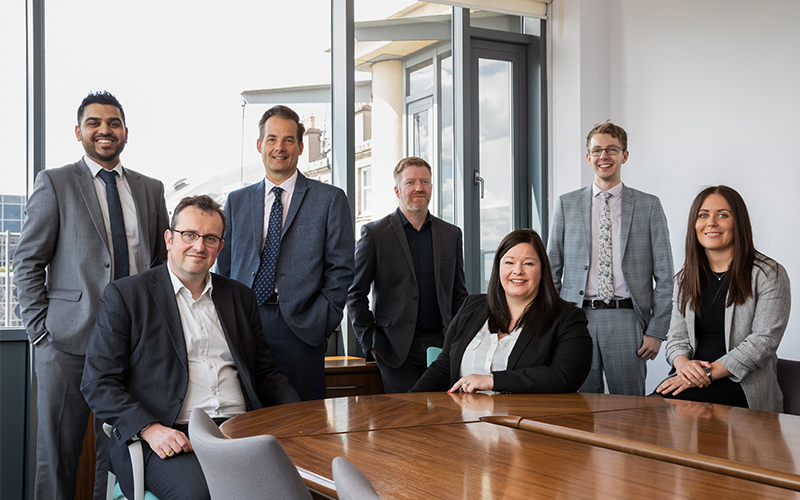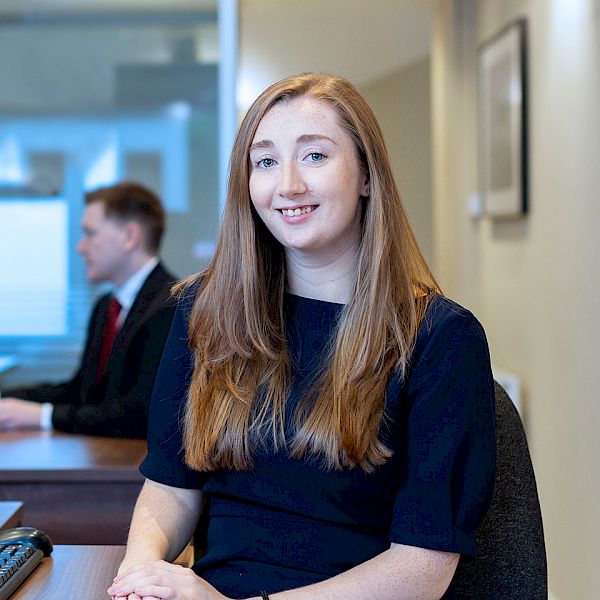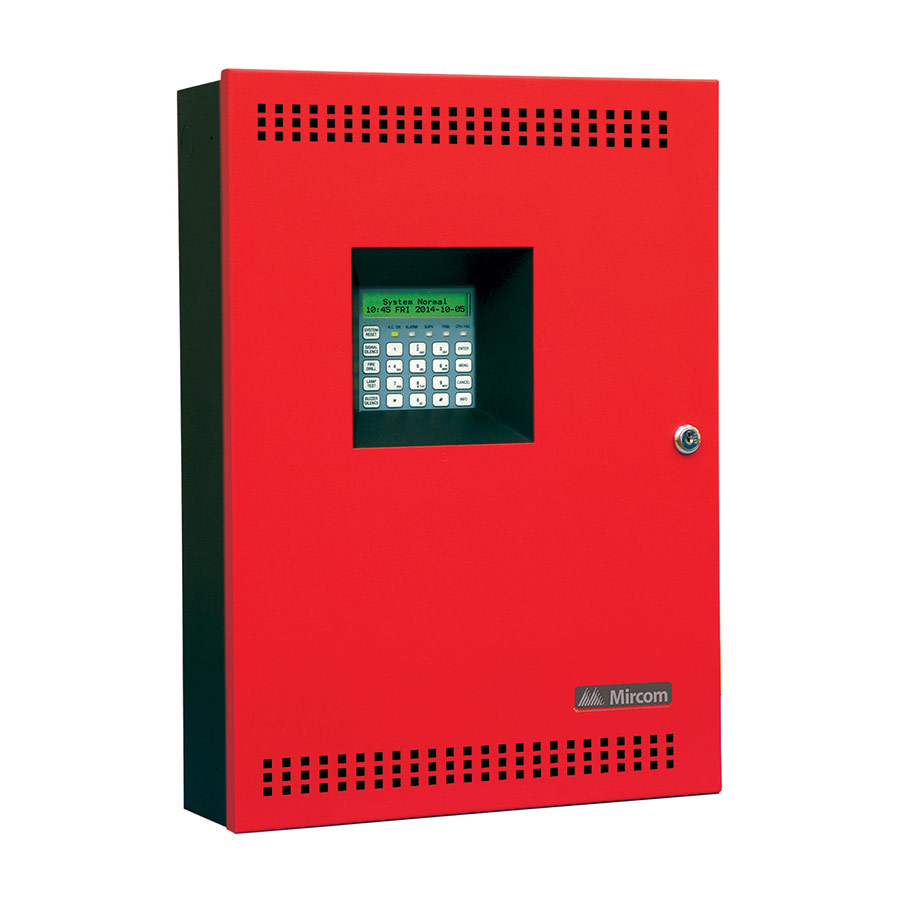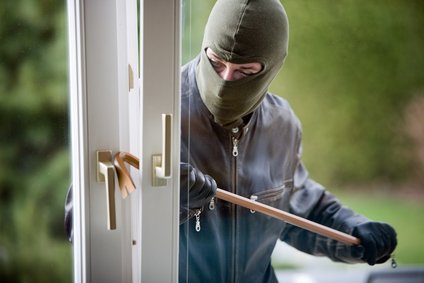Reducing your energy bills with solar panels
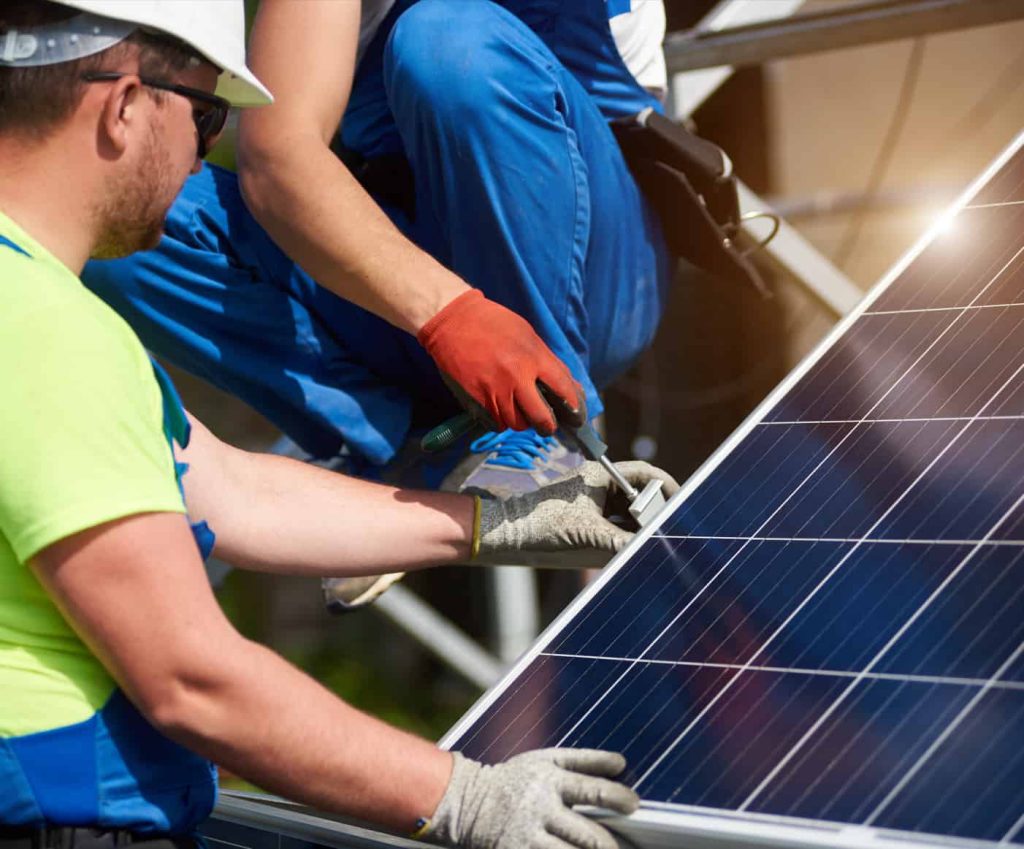
As energy bills and the cost of living are set to increase, people increasingly look to find ways to reduce the cost.
One popular option is renewable energy. This is energy not reliant on the grid, that is environmentally friendly, and offers the ability to cut down on your carbon footprint as well as save you money. One particularly effective form of renewable energy is solar power.
Solar panels are a popular choice for many homes and offer some fantastic benefits. In this article, we’ll look at how solar panels can massively reduce your energy bills while increasing how carbon friendly your home is as well.
So how does it all work?
So how exactly does all this work? It’s important to know how the process works in order to know how it saves you money. Solar energy is energy which has been captured from the sun’s rays, and it is converted into electricity which you can use to provide your home with electricity or heating.
Solar power is generated by the surface which collects the energy, and this is usually a solar panel (which is part of a solar array). This is then converted into heat and or electricity. Typically, this is done through photovoltaic conversion (PV). This is direct conversion, and it involves solar panels. Other measures also exist, but these remain significantly less prominent.
The primary way in which solar panels will help to save energy is through reducing your dependency on the national grid.
When you normally use power, you draw it from the national grid. When you have solar panels, you instead draw power from the renewable energy the solar panels have converted. It is possible to store additional power via a solar battery as well, allowing you to collect excess energy. This provides an additional source of energy which you can use when the solar panels aren’t active – such as at night.
Are solar panels right for me?
Space is the biggest consideration. Solar panels usually need around 20m2 of roof area. The ideal space for solar panels is an unshaded, south-facing roof. This produces the most electrical output. You can still use east and west facing roofs, but north facing roofs are not recommended.
If there are nearby buildings, trees, and or chimneys which could shade your roof, it may have a negative impact on the overall performance of your system. You’ll want to find an unshaded space for your solar panels.
Use an approved installer
It is important to use an approved installer. You will want an MCS approved Solar Panel Installer Scotland for any solar panels. This is the Microgeneration Certification Scheme. This ensures that the panels are properly fitted and so work efficiently.
Getting the most out of solar panels
Focus use during the day
It’s best to make use of solar panels mainly during the day. This is because the solar panels are more active during the day. This reduces your reliance on the power grid further, allowing you to overall reduce your energy bills significantly. You can really reduce your overall energy bills through carefully managed use of your energy.
Battery Storage
Battery storage is by far one of the best options you can go for when it comes to solar panels. Battery storage allows you to store excess power your panels generate, which you can then use at night. This further reduces your dependency on the grid.
Avoid leaving appliances on when not in use
Remember to unplug appliances you aren’t using. Do not just turn them off but unplug them as well. This will ensure they don’t drain power unnecessarily. This is one of the best ways to save power and help to further cut down on your energy use.
Environmental benefits of Solar Panels
Solar panels popularity also lies in the fact they are environmentally friendly. They are a carbon neutral, producing no emissions. Because you are not drawing on the grid, you’ll significantly reduce your carbon output.
Cutting energy use
Solar panels will reduce the amount of energy you use from the grid, which means your carbon footprint Is reduced. This is further cut by employing a solar battery.
Renewable
Solar power is renewable energy. The energy it supplies will never run out.
No maintenance
Solar panels are not like boilers, which require constant maintenance and are subject to frequent breakdowns and often end up requiring invasive repairs. Solar panels do not necessitate this kind of maintenance.
No emissions
Solar energy revolves purely around capturing sunlight and converting it into electricity. It produces no greenhouse gasses or harmful emissions. This can help to reduce your carbon footprint by as much as 80% in a single year.
